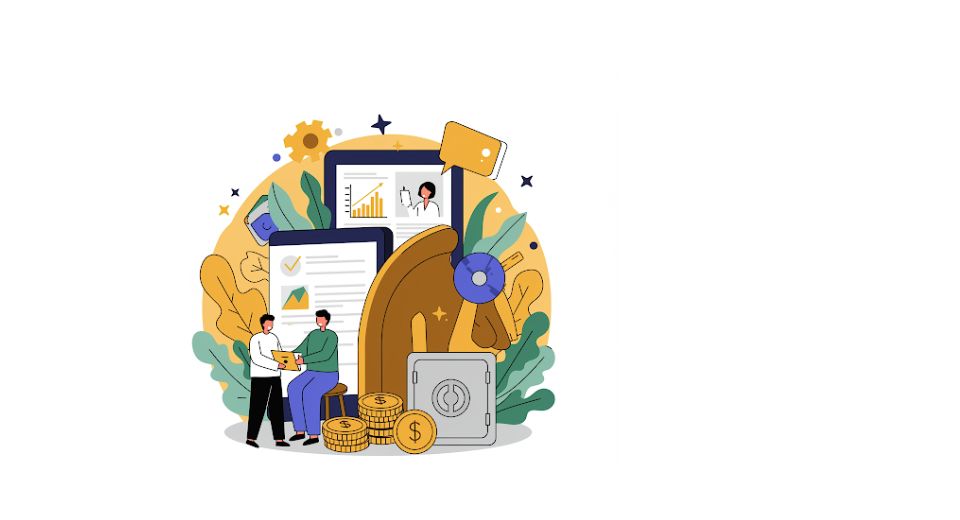
Mar 24, 2025

The Global Takafal Market, according to Metastat Insight, is undergoing a new transition with more people opting for ethical financial services. Emerging above all existing models of insurance, this alternative insurance model gains its popular appeal drawing its foundation from shared responsibility and risk distribution. Unlike conventional insurance, the Takaful system is made to be more acceptable to value cooperation and financial security attained with a particular frame that can be extended to a large part of its customers. As the consumers' needs shift to ethical finance, the Takaful services are proving to expand, coinciding with the custom changes emerging in individual and organizational structures.
Global Takaful market is estimated to reach $39,522.26 million in 2025 with a CAGR of 8.3% from 2025 to 2032.
In the countries where their financial systems would gradually adapt to the consumers' demands for transparent and sustainable practices, Takaful arrangements are becoming one of the most preferred schemes. It provides a model in which pooling of contributions occurs toward shared, equitable risk by participants. This mechanism aims to ensure financial inclusion, linking again to the broader ambition of establishing a community-centric welfare framework. Increasingly, financial institutions have become the torchbearers for change in the trends devoting more attention to ethical and interest-free finances.
On one hand, while the adoption of Takaful services is increasing, diverse economies will certainly affect the structuring of such offerings. It is these markets where ethical finance frameworks are better established that witness the seamless blending of Takaful products into everyday offerings; yet, elsewhere, institutions are still attempting to merge their models into Takaful principles. This changing landscape would therefore bear witness that the trends in the financial sector signal broader shifts whereby ethical parameters would increasingly influence policy development and product creation. The greater emphasis on financial inclusivity would, thus, make Takaful providers fine-tune their delivery mechanisms, enhancing their services to those who embrace the very core values that define this system.
The role of regulatory bodies is also an important actor in defining the future of the Takaful industry. As financial authorities set up guidelines that promote ethical insurance structures, service providers have a better opportunity to tailor offerings toward what consumers require. The collaboration between policymakers and financial institutions fortifies the platform within which Takaful would operate, giving clearer prescriptions regarding the principles that govern how Takaful operates. This increasingly vibrant interaction has also gone a long way in codifying more structured procedures toward addressing the challenges presented by the integration of ethical finance into the mainstream systems.
An emphasis to be noted regarding another aspect of Takaful evolution is the technology enhancing service delivery throughout the progress. Digital platforms ensure that accessibility and operational efficiency are enhanced, allowing providers to reach a wider audience. Therefore, the introduction of technology into the field of financial services has done its part in allowing for smooth transactions in the Takaful way for the benefit of policyholders. This pattern of using digital in Takaful is to create transparency, build trust among participants, and enhance their experience in managing contributions and claims.
Technology integration and the general awareness of ethical financial services have been critical to the growing acceptance of Takaful products. A growing number of people and organizations are seeking alternatives to ethical financial management. Educational programs and awareness campaigns support this cause, allowing potential policyholders to understand the benefits of being part of a system based on shared financial responsibility. As this knowledge spreads, it has continued to affirm the relevance of Takaful in the current scenario of financial planning.
As institutions and consumers are coming to accept the need for ethical insurance models, so the Global Takaful market according to the reports by Metastat Insight represents an industry in transition. Governments along with the financial providers and policyholders are increasingly collaborating towards the establishment of a more robust operational framework for Takaful. With digital accessibility becoming very much pronounced and growing interest in ethical finance, the Takaful service offering enhancement is set to bleed into the general financial sector. The on-going changes in the environment will see Takaful principles remain a key determinant in the shaping of the industry forward with a view to achieving financial security in a sustainable and inclusive manner.
Drop us an email at:
Call us on:
+1 214 613 5758
+91 73850 57479